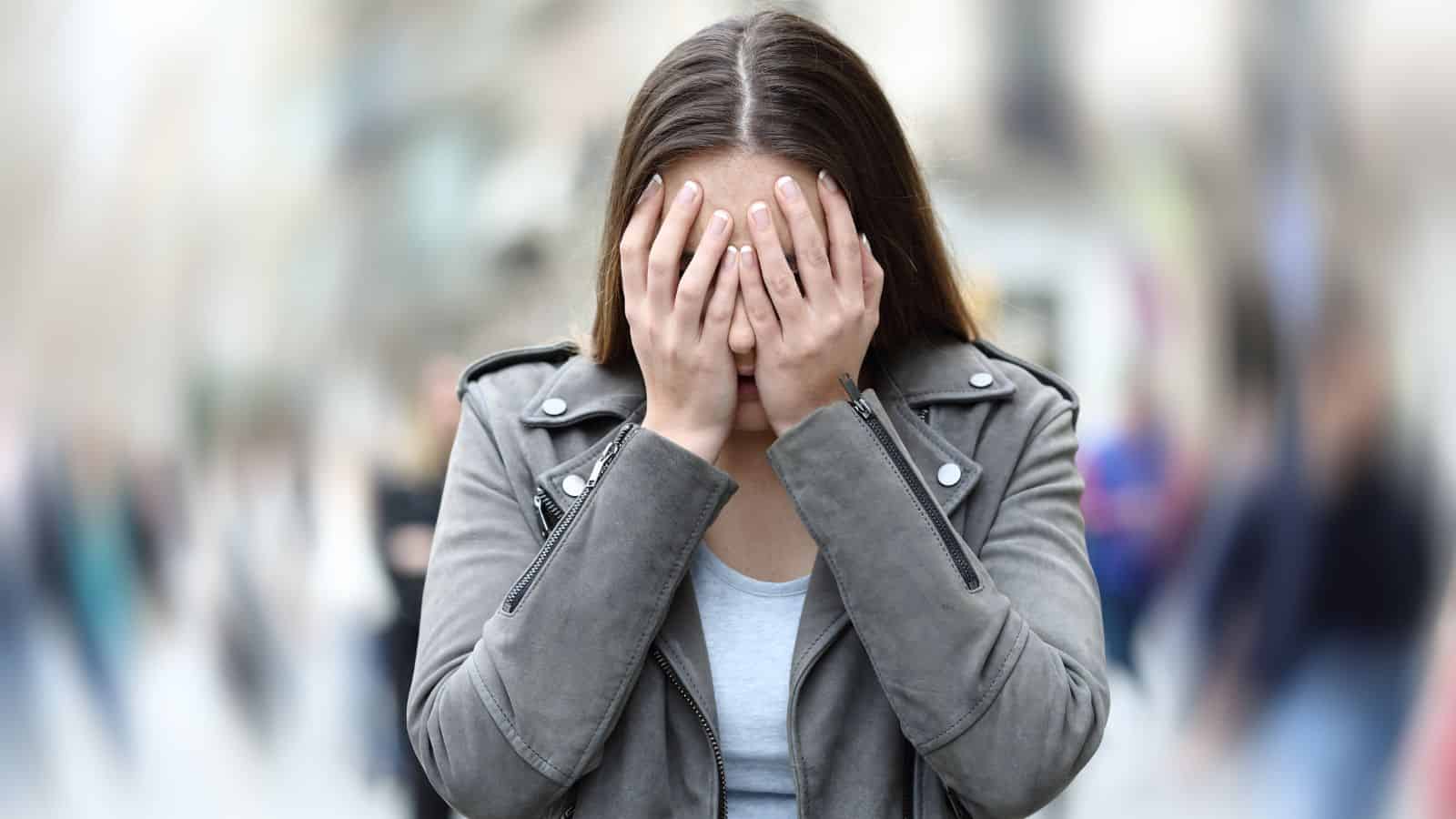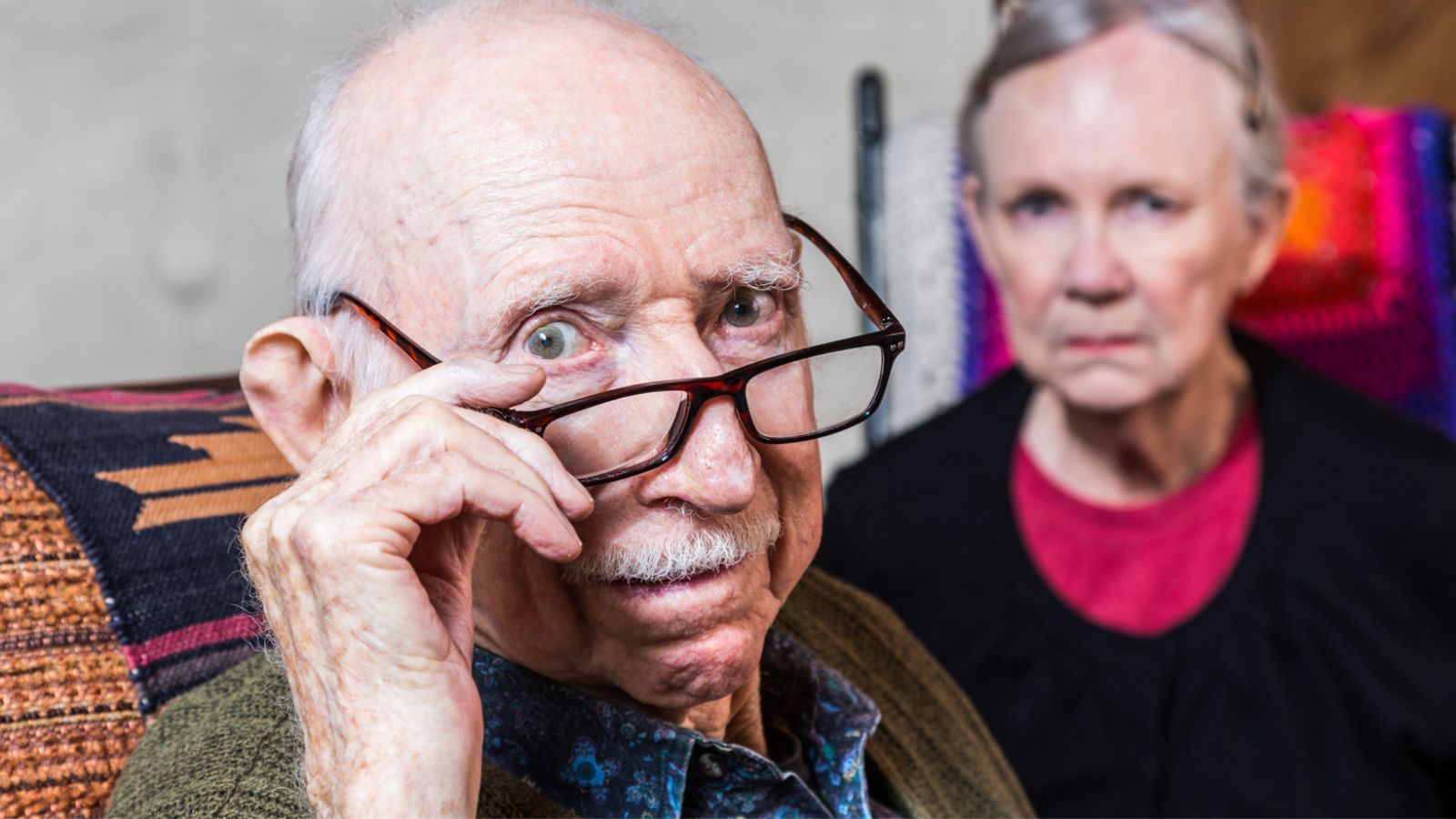Childhood is the ideal time for learning through trial and error in a safe and calm environment, but not everyone has the same luck of growing up in a safe environment. In this article, we will take a look at 18 traits that those who have had an unhappy childhood grow up to develop.
Low self-esteem

It is during our childhoods that we develop our own sense of self and self-worth. A person who during these formative years only receives criticism or is neglected is more than likely to become an adult who constantly feels inadequate, states Emerald Isle Health and Recovery.
Trust issues

They say that the people that you can depend on the most in this world are your parents, but in the cases where this isn’t true, it can lead to someone developing very deep trust issues. This causes them to have difficulty trusting others and forming healthy relationships during their lifetimes.
Difficulty setting boundaries

People who have unhappy childhoods, more often than not, go on to become people pleasers and, as a direct result, have trouble setting boundaries and maintaining them. This could lead to people taking advantage of them or to them feeling guilty for voicing their needs.
Escapism

When reality doesn’t seem appealing, the best way to escape is into the world of fantasy. This is the case too for people with unhappy childhoods. Leading the person to develop bad habits such as an excessive amount of watching TV, gaming, or alcohol or drug abuse alongside other forms of distracting the mind, as highlighted by Science Direct.
Anxiety

When someone grows up in an environment that has constant stress or instability, their brain chemistry can alter, causing them to always be on high alert. This can lead to anxiety in adulthood and can present itself in various ways, from generalized anxiety to all-out panic attacks.
Attachment issues

If a child doesn’t receive consistent and reliable caregiving, it can have a devastating effect on their ability to form secure attachments in later life. This may lead to them in later life either having issues forming bonds, or displaying unhealthy relationship trains such as clingy or avoidant behaviors.
Fear of intimacy

A child that has faced trauma or neglect during their childhood go on to develop a fear of letting people get too close later on in life, as mentioned by PsychCentral. This may lead them to avoid intimacy altogether or self sabotage when they feel they are getting too close to someone.
Self-destructive behavior

It is during childhood that we have time to learn healthy coping mechanisms. People who had unhappy childhoods didn’t get the same opportunity, leading to them developing unhealthy ones such as substance abuse or self-harm, which persist into adulthood.
Perfectionism

Behind every perfectionist adult afraid of failure or criticism is a child who grew up in an environment where success was paired with perfection. This environment in their childhood led them to develop perfectionist traits that they have carried on into later life.
Depression

According to Psychology Today, unresolved childhood trauma, whether it is caused by abuse or trauma, can later be a factor in the development of depression later on in someone’s life. These unresolved feelings may lead the person to always feel a sense of sadness or pointlessness that can negatively affect their day-to-day life.
Difficulty expressing emotions

Children who grow up in households where emotions are invalidated or suppressed may go on to have issues in later life when it comes to expressing their emotions. This can go on to cause both numbness and explosive outbursts, alongside making it difficult for the person to form meaningful emotional connections with other people.
Emotional volatility

People who have grown up in either abusive or emotionally inconsistent environments have often not had the chance to develop their ability to regulate their emotions. Leading to intense mood swings and issues controlling their emotions as adults.
Chronic stress

People who experience constant stressors during their younger years then their body gets used to that state of mind, leading to it becoming a chronic issue. A direct result of this is the detrimental effects on both the person’s physical and mental well-being.
Poor impulse control

Due to the lack of structure in their childhood, those who have had unhappy childhoods often grow up lacking the ability to control their impulses. Whether that be engaging in risky behaviors or acting without first taking into account the consequences of their actions.
Avoidance

One common way of dealing with situations is through avoidance. This response is normally developed during early childhood when the child has not had a safe space or a chance to find a way to deal with situations in a healthy manner.
Self-isolation

Feelings of loneliness or alienation during a person’s formative years may lead to them taking themselves out of social interactions in an act of self-preservation. If this continues into adulthood, then it could result in the person being unable to healthily deal with situations and unable to form meaningful connections.
Insecurity

Growing up in environments that are unstable or neglectful can lead to a person feeling insecure during their older years. It is because of this that a person goes into adulthood and constantly seeks external validation from those around them to compensate for the lack of faith that they have in themselves.
Difficulty in conflict resolution

Unresolved conflicts originating in childhood can lead to a person having issues resolving conflicts later on in life. They may struggle with communication or have difficulty expressing their own needs or emotions. This can lead to unhealthy conflict resolutions that they picked up during their younger years.
Up Next: 17 Phrases Older People Use That No One Else Gets

Each and every generation has its own phrases and sayings that separate it from the rest, and the boomers certainly have plenty. Discover 17 popular boomer phrases that aren’t often used today and what they mean. Maybe you’ll want to bring some of them back!
17 Phrases Older People Use That No One Else Gets
People Who Don’t Show Empathy Usually Have These 18 Traits

The world would be a better place if everyone had a little more empathy. But sadly, in reality, some people show much less empathy than we’d like. Here are 18 traits of people who don’t show empathy.
People Who Don’t Show Empathy Usually Have These 18 Traits
The 17 Unhappiest States in America

The US has hit an all-time low position in the World Happiness Index, tumbling to 23rd in 2024. However, it’s important to remember that location is an important factor; many US states are very happy, unlike the following 17 US states that appear to be the most unhappy.
